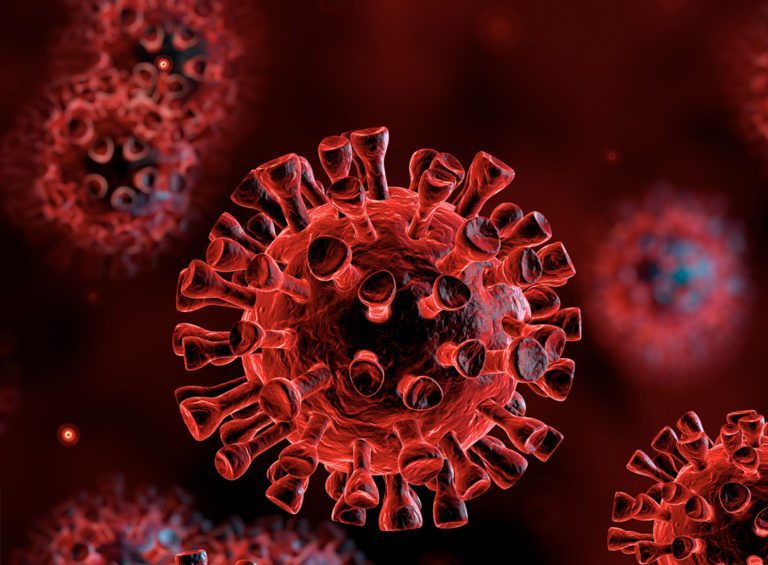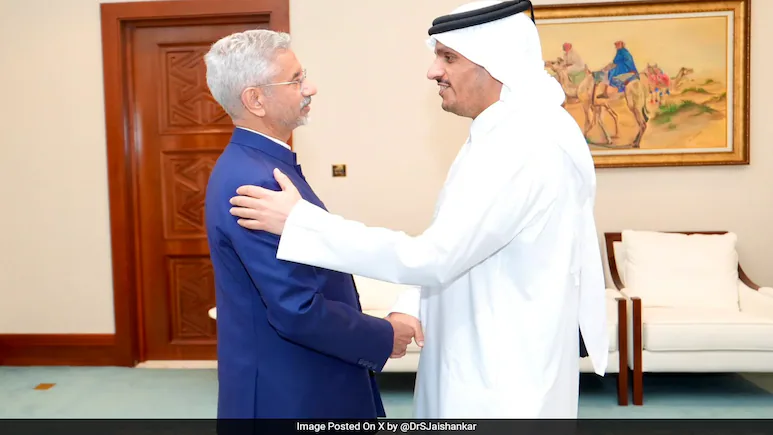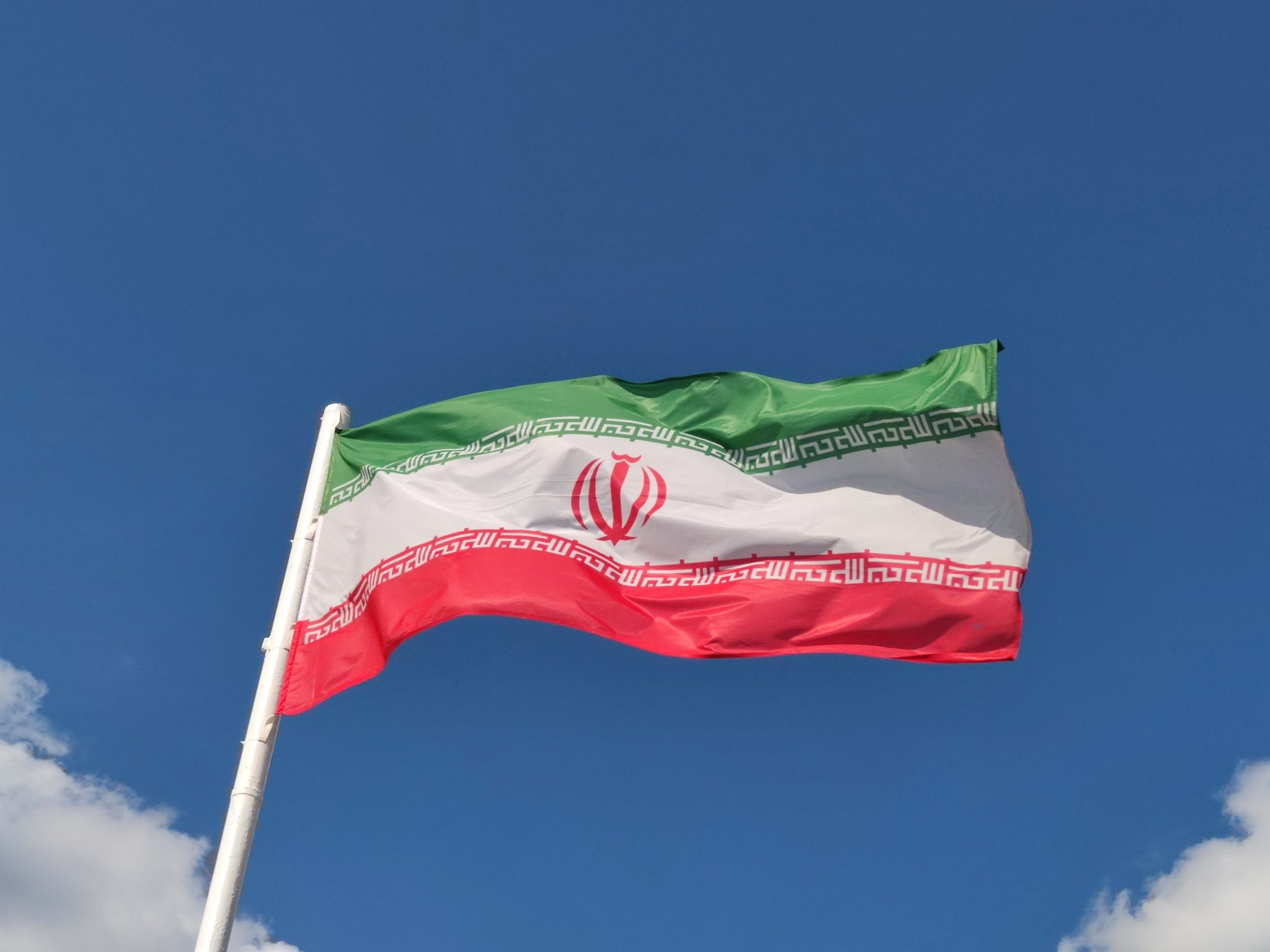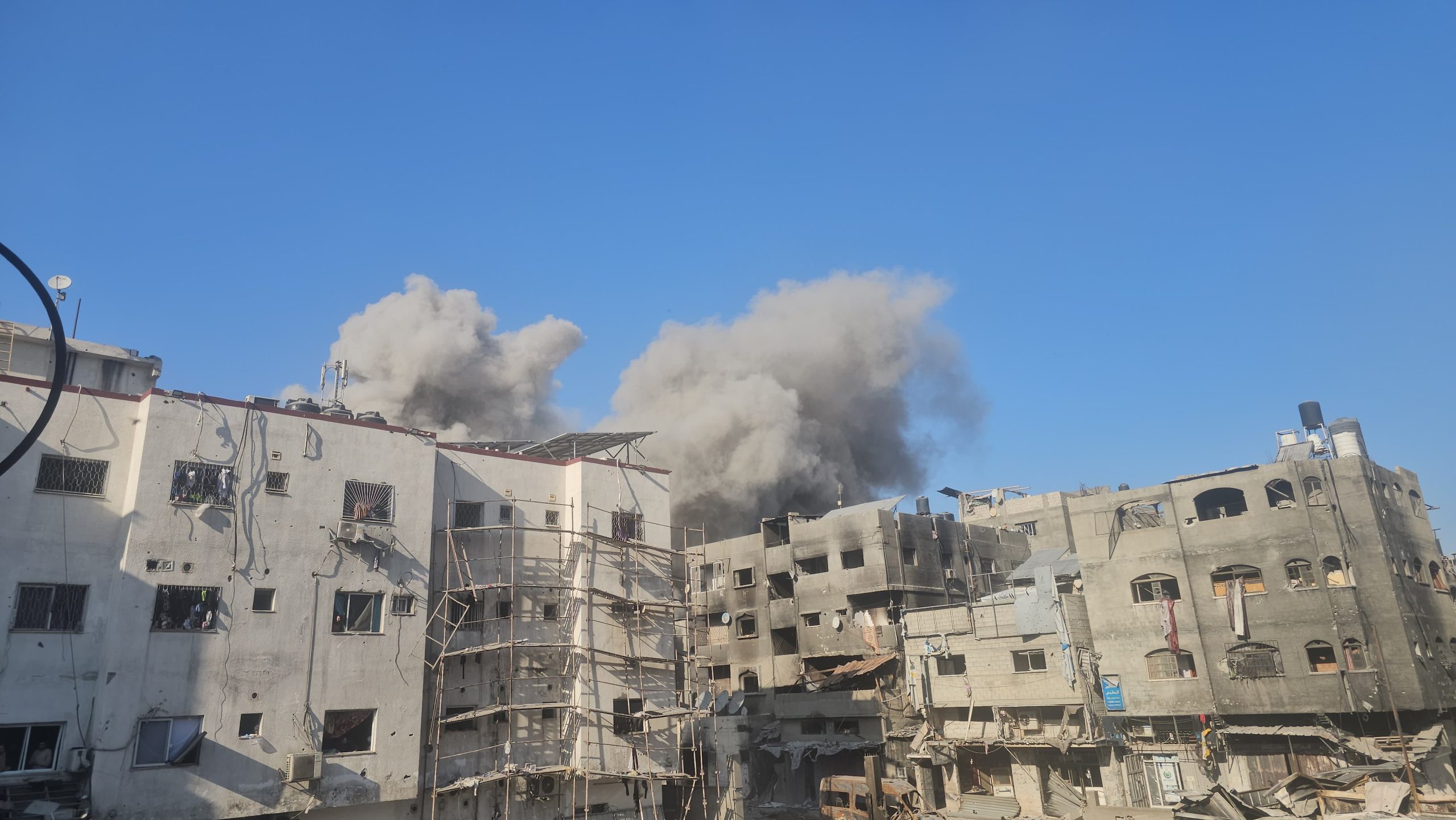It is thought that discovering the SARS-CoV-2 virus’s origins will assist in fighting off or even preventing another pandemic.
Covid-19 was most likely the result of a lab leak, a recently updated classified report from the United States Department of Energy claimed.
The judgement for the most recent classified report was made with “low confidence” and was based on new intelligence, reported the Journal. The energy department is in charge of a network of US labs, some of which conduct cutting-edge biological research.
The US energy department previously said it was unsure of how the virus first emerged, but the most recent research suggests a change in that position. The representatives opted not to go into further detail about the information that had caused the department to adjust its stance.
However, it now agrees with the Federal Bureau of Investigation (FBI) that the virus likely spread following a laboratory accident. The FBI came to this conclusion in 2021 with “moderate confidence.”
According to the Journal, four US intelligence agencies, with “low confidence”, believe that Covid-19 was spread naturally while two other agencies have yet to make a firm decision.
Late in 2019, the city of Wuhan in central China saw the first appearance of the new coronavirus, or SARS-CoV-2, which quickly spread throughout the world and has since killed close to 7 million people.
As nations ordered border closures and lockdowns to try and stop the spread of a virus for which there were, initially, no effective vaccines, it also caused havoc in the world economy.
Sources who read the classified report told the Journal that despite the agencies’ differing analyses, the update reaffirmed an earlier consensus that Covid-19 was not the result of a Chinese biological weapons programme.
The five-page report was created for the White House and members of Congress, according to the Journal.
However, there are still a “variety of views” on the subject, according to Jake Sullivan, White House National Security Advisor.
Speaking on CNN on Sunday, he emphasised that US President Joe Biden had repeatedly urged the intelligence community to make an effort to learn as much as they could about how the pandemic began.
“President Biden specifically requested that the national labs, which are part of the Energy Department, be brought into this assessment because he wants to put every tool at use to be able to figure out what happened here,” Sullivan said.
The resurgence of the lab leak theory in Washington has angered China’s foreign ministry, which warned Americans to “stop stirring up arguments about laboratory leaks, stop smearing China and stop politicising the issue of the virus origin.”
Investigations into Covid-19’s origins
In mid-February, the World Health Organisation (WHO) promised to do everything possible “until we get the answer” on the origins of the virus, denying a report that suggested the agency had abandoned its investigation.
After much delay, a WHO team travelled to Wuhan, China, in early 2021 to visit the Huanan market where the first cluster of cases emerged and which was closed and cleaned soon after the virus began to spread.
Working alongside Chinese scientists, they also visited the Wuhan Institute of Virology, a biosecurity lab where researchers had been working on bats.
The investigation drew criticism for its lack of openness and accessibility as well as for failing to give enough weight to the lab-leak theory, which it deemed “extremely unlikely.”
According to the report, the virus most likely started in a bat before moving on to an intermediary animal and then humans.
China has accused the US of politicising the investigation and using the country as a “scapegoat” after former US President Donald Trump referred to the Covid-19-causing SARS-CoV-2 virus as the “Chinese virus.”
It is thought that discovering the SARS-CoV-2 virus’s origins will assist in fighting off or even preventing another pandemic.
Tedros Adhanom Ghebreyesus, the chief of the WHO, insisted that all theories are still valid and has urged China to grant investigators more access.







